
2024 Highlights: The Political Events That Shaped West Africa And The Sahel Region
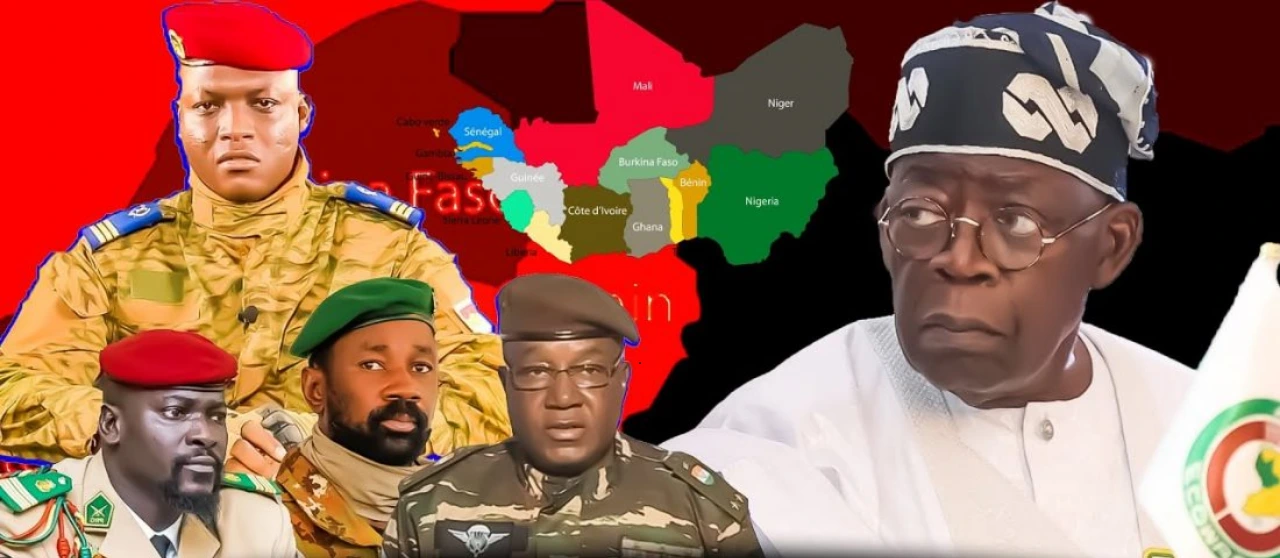
2024 has been a transformative year for West Africa and the Sahel, marked by geopolitical shifts, military alliances, and evolving governance structures. From the establishment of new partnerships to leadership changes, here are the top political events of the year.
Niger, Mali, Burkina Faso announce withdrawal from ECOWAS
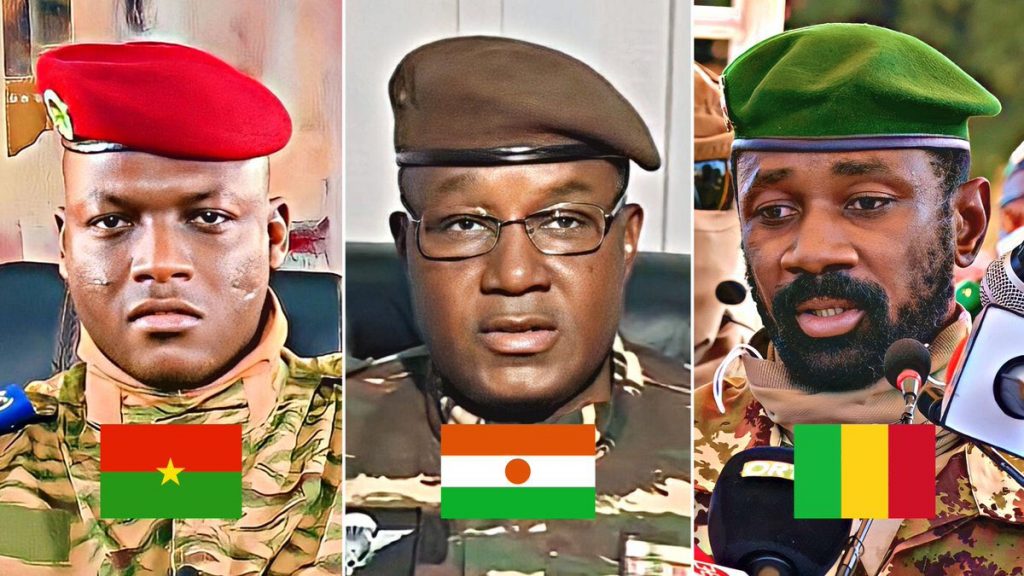
In January 2024, significant political developments unfolded in West Africa and the Sahel, particularly involving Burkina Faso, Mali, and Niger. These three nations, each governed by military juntas following coups d’état, announced their withdrawal from the Economic Community of West African States (ECOWAS) on January 28, 2024. They accused the body of becoming a threat to its members by abandoning the ideals of its founding fathers and pan-Africanism under foreign influence and imposing inhumane sanctions aimed at overturning their military regimes and sabotaging their fights against terrorism and insecurity.
It will be recalled that in September 2023, these countries formed the Alliance of Sahel States (AES) to enhance cooperation in defence and security matters. The withdrawal from ECOWAS further solidified their intent to pursue an independent path, distinct from the 15-member bloc.
ECOWAS Lifts Sanctions on Niger
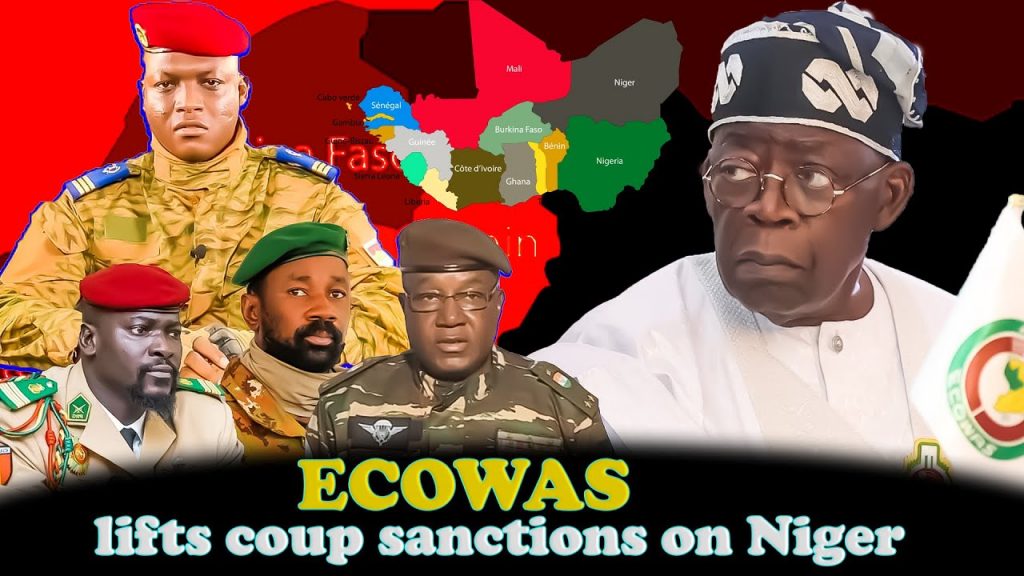
On February 24, the Economic Community of West African States (ECOWAS) lifted the strict sanctions imposed on Niger. This decision was part of a new strategy to engage with junta-led regional states. The move came amid ongoing tensions between ECOWAS and military regimes in the Sahel, particularly following the formation of the AES by Mali, Burkina Faso, and Niger and the announced exit by the three countries from the ECOWAS bloc.
Senegal’s Election Postponement and Unrest
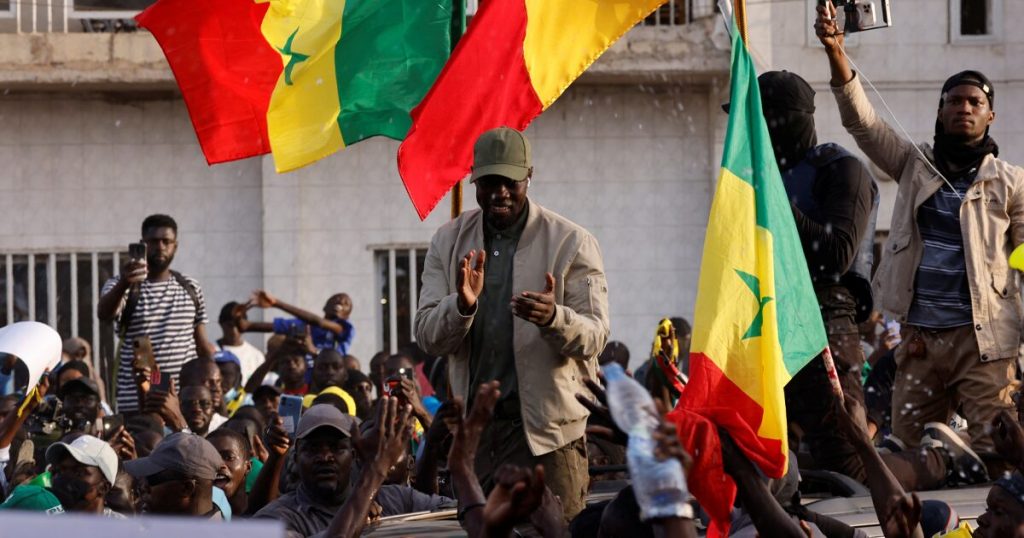
President Macky Sall postponed the February 25 presidential election indefinitely, citing concerns over the integrity of the electoral process. The postponement led to widespread protests in Dakar and other cities. Security forces responded with tear gas, and clashes resulted in at least three fatalities. On February 15, Senegal’s Constitutional Council overturned the election delay, deeming it unconstitutional. President Sall agreed to comply, and a new election date was later set for March 24.
Formation of Joint Military Force by AES

On March 7, the AES announced the creation of a joint military force to combat jihadist groups operating within their territories to enhance regional security and reduce reliance on external military assistance.
Niger Revokes Military Agreement With US

On March 17, Niger’s ruling junta announced the revocation of a military agreement with the United States that permitted U.S. Defence Department personnel to operate within the country. According to the country, the presence of the US in its territory is illegal and violates all the constitutional and democratic rules, which would require the sovereign people to be consulted on the installation of a foreign army on its territory.
Senegal Inaugurates Faye, Africa’s Youngest Democratically Elected President
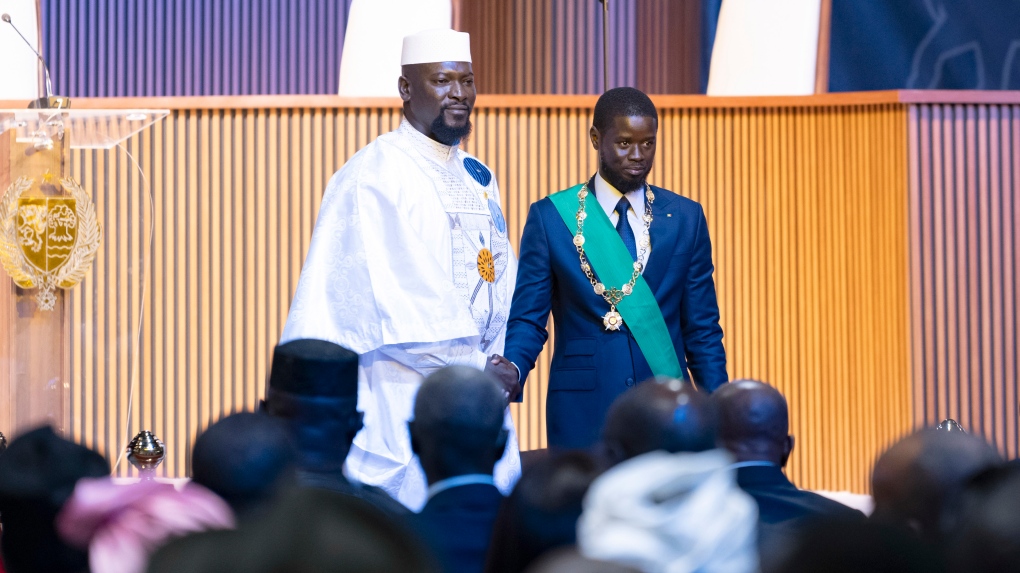
In early April, Bassirou Faye, aged 44, was inaugurated as Senegal and Africa’s youngest president. A former tax inspector turned politician, Faye campaigned on an anti-establishment platform, pledging to combat corruption and implement economic reforms.
Nigeria Reverts to Original National Anthem
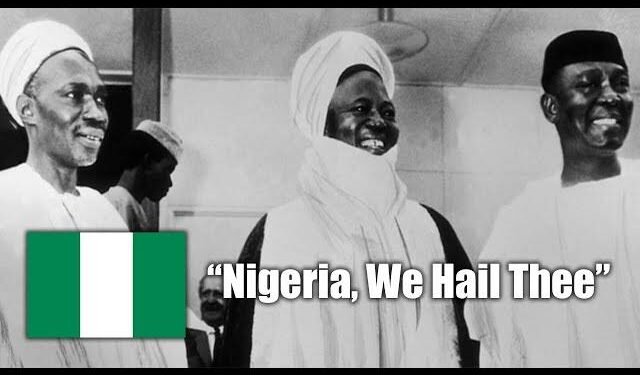
In May 2024, Nigeria reinstated its original national anthem, “Nigeria, We Hail Thee,” which had been in use from 1960 until 1978. This decision was formalised when President Bola Tinubu signed a bill into law on May 29, 2024, coinciding with his first anniversary in office.
The reinstated anthem, beginning with the line “Nigeria, We Hail Thee,” was penned by British expatriate Lillian Jean Williams in 1959 and composed by Frances Benda. It was Nigeria’s first national anthem following independence from British colonial rule.
The move sparked widespread criticism, which viewed the change as a regression, considering that the original anthem was authored by colonial masters, while the 1978 anthem, “Arise, O Compatriots,” was a product of Nigerian contributors.
Mali Cracks Down on Western Mining Companies
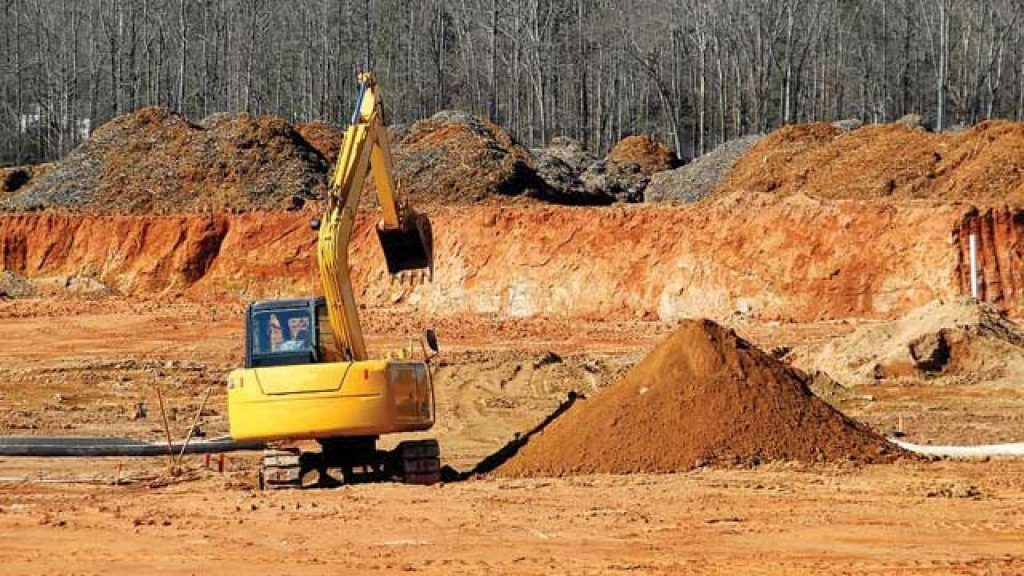
Mali’s government arrested executives of foreign mining firms and imposed stricter regulations on resource extraction, asserting greater control over the nation’s mineral wealth. This development is part of broader efforts to prioritise national interests in resource management.
Sahel Military Leaders Accuse Ukraine of Sponsoring Terrorism

In August 2024, the military juntas of Burkina Faso, Mali, and Niger accused Ukraine of supporting rebel groups in the Sahel region. This followed statements by a Ukrainian military intelligence spokesperson, Andriy Yusov, which were interpreted by Malian and Nigerien authorities as an admission of Ukraine’s involvement in recent conflicts in northern Mali.
In response, the three West African nations formally addressed the U.N. Security Council, urging it to take action against Ukraine for supporting terrorism and violating their sovereignty. Mali and Niger further severed diplomatic ties with Ukraine, accusing it of supporting rebel groups responsible for attacks that resulted in the deaths of their soldiers and Russian mercenaries
CIA Confirms Nigeria’s Sitting President As Its Active Asset
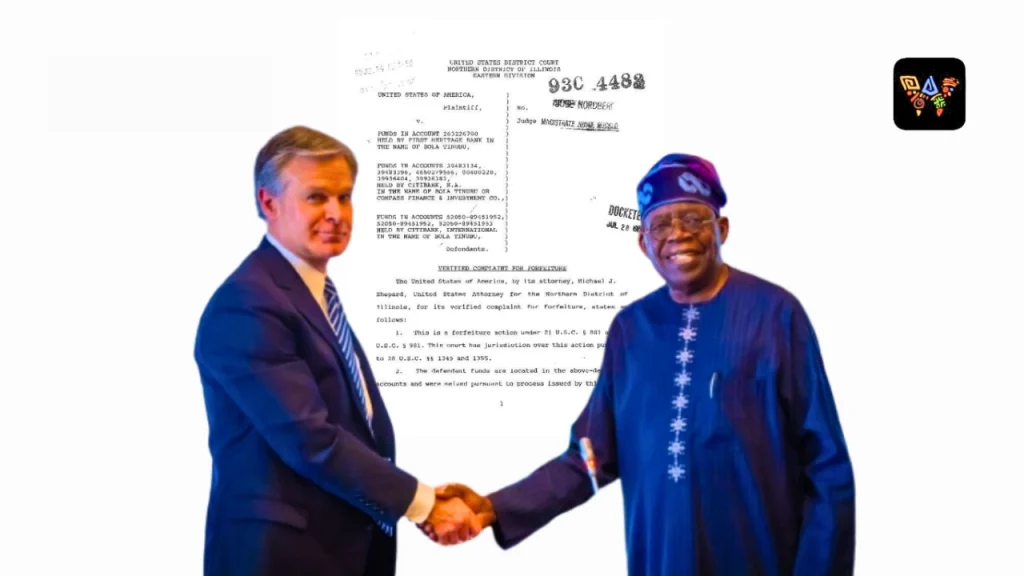
In November, the Central Intelligence Agency (CIA) confirmed that Nigeria’s sitting President, Bola Tinubu, is its active asset. This was revealed at the United States District Court for the District of Columbia as the CIA, FBI, and DEA filed a memorandum opposing a civil lawsuit requesting summary judgment and redactions in the Freedom of Information (FOIA) disclosure case about President Tinubu’s drug trafficking investigation records.
Ghana Re-elects Former President
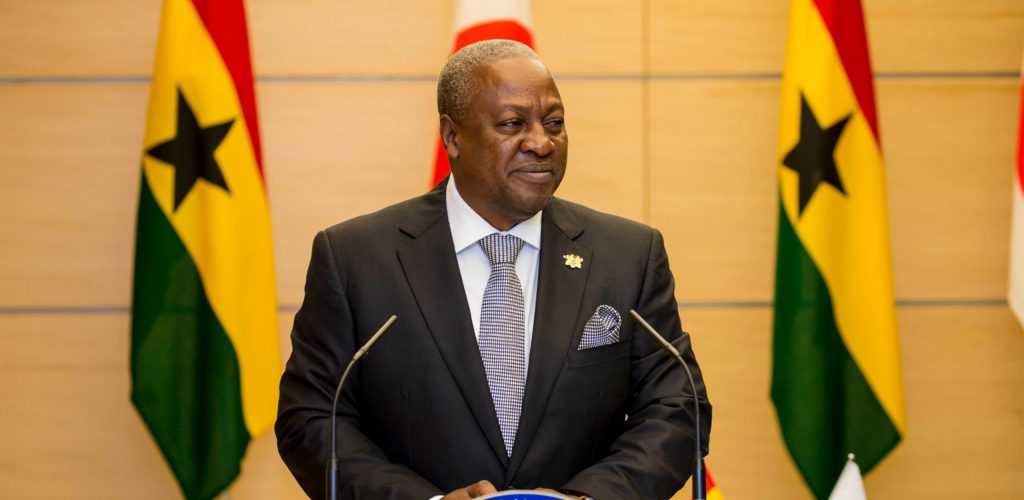
In December 2024, Ghana held its presidential election, resulting in the re-election of former President John Mahama. Mahama, who previously served as president from 2012 to 2017, secured a decisive victory with 56.5 per cent of the vote, defeating incumbent Vice President Mahamudu Bawumia, who garnered 41 per cent. In addition to the presidential victory, Mahama’s party, the National Democratic Congress (NDC), secured a majority in parliament.
Guinea Extends Transition Period Beyond December 31
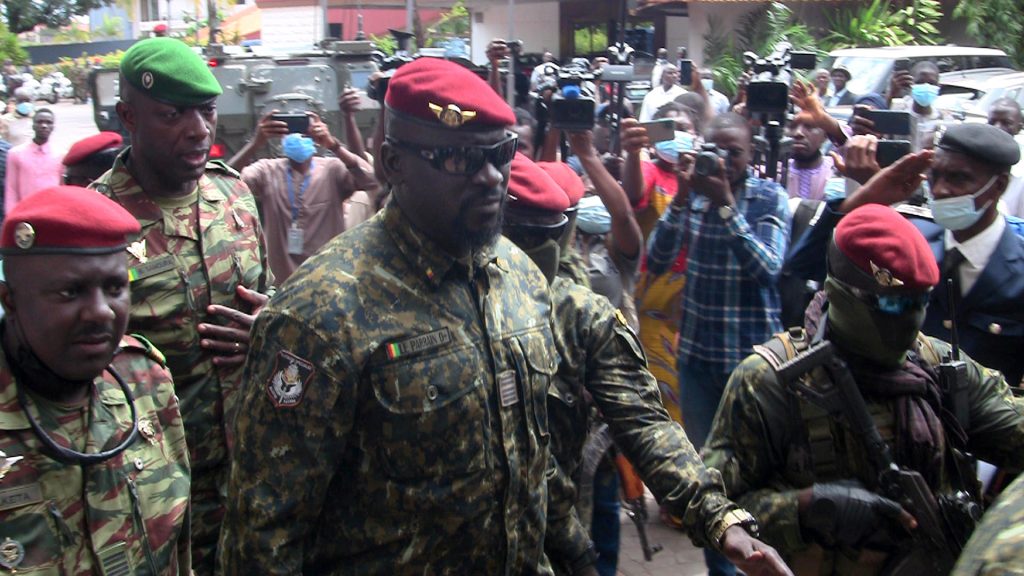
Guinea’s transitional government announced the extension of its transition period, originally set to end on December 31, citing unmet conditions. The announcement is a shift from earlier plans outlined by the military government that seized power in September 2021. It follows the dissolution of 53 political parties and the placing of two major opposition parties under observation for failing to meet basic administrative and legal requirements following evaluation.
Senegal Announces Closure of Foreign Military Bases
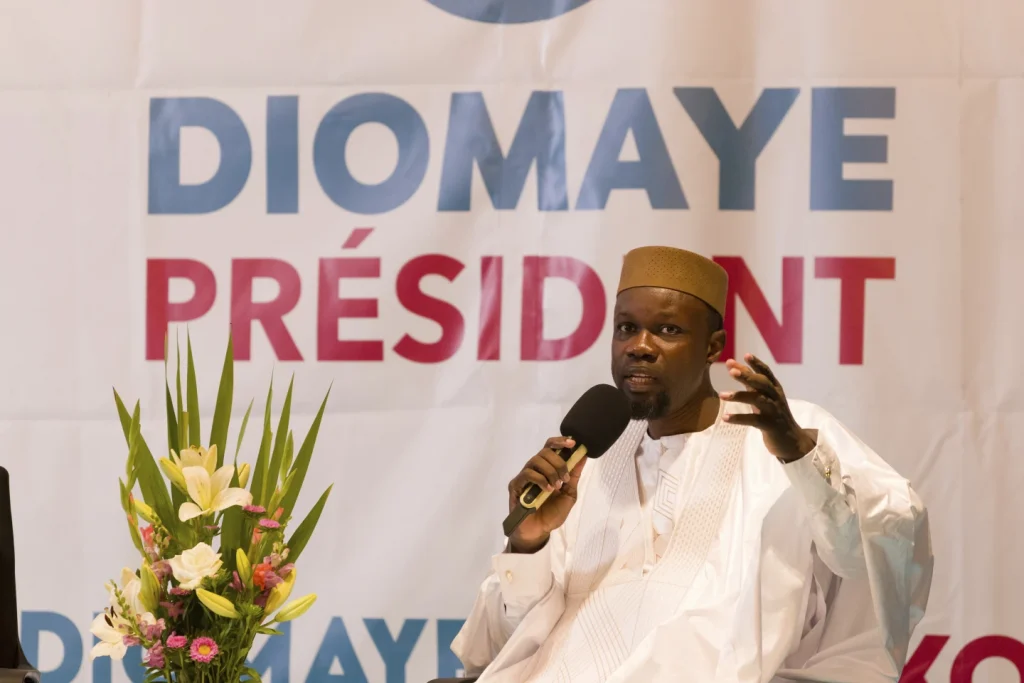
Senegal’s Prime Minister, Ousmane Sonko, announced the closure of all foreign military bases in the country, particularly targeting French troops. This move aligns with a regional trend of expelling French military forces from West African nations.
These events and many more, shaped the politics of West Africa and it’s diplomatic relationships with the western world.
Read More:
About The Author
Related Articles
Gabon Suspends Social Media “Until Further Notice” Amid Rising Unrest
Gabon’s media regulator has announced the suspension of social media platforms nationwide,...
ByWest Africa WeeklyFebruary 18, 2026Côte d’Ivoire Feeds the World’s Chocolate Industry, But When Prices Shift, Cocoa Farmers Are Left With Rotting Harvests and No Income
Côte d’Ivoire produces nearly half of the world’s cocoa, a crop that...
ByWest Africa WeeklyFebruary 18, 2026Niger’s Tiani Visits Algeria in Bid to Strengthen Ties and Revive Key Projects
Abdourahamane Tiani, Niger’s head of state, is on an official visit to...
ByWest Africa WeeklyFebruary 18, 2026Niger’s Tiani Accuses France of Plotting Attack on Niamey Military Base
Niger’s head of state, General Abdourahamane Tiani, has renewed his accusations against...
ByWest Africa WeeklyFebruary 18, 2026



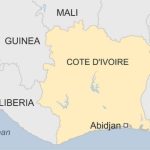

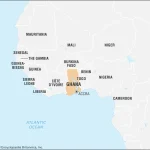
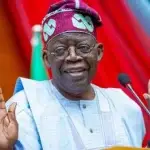


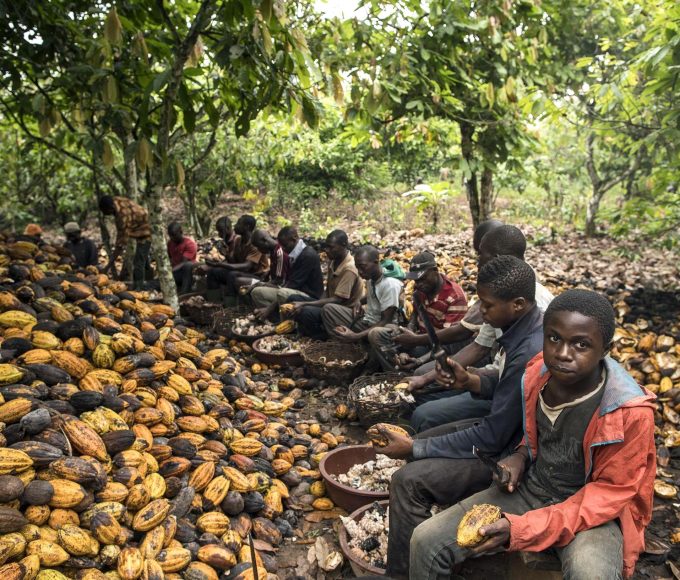
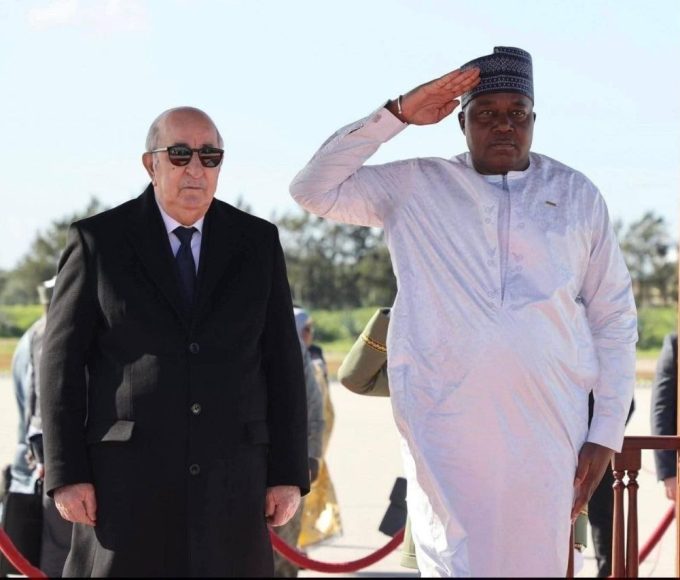
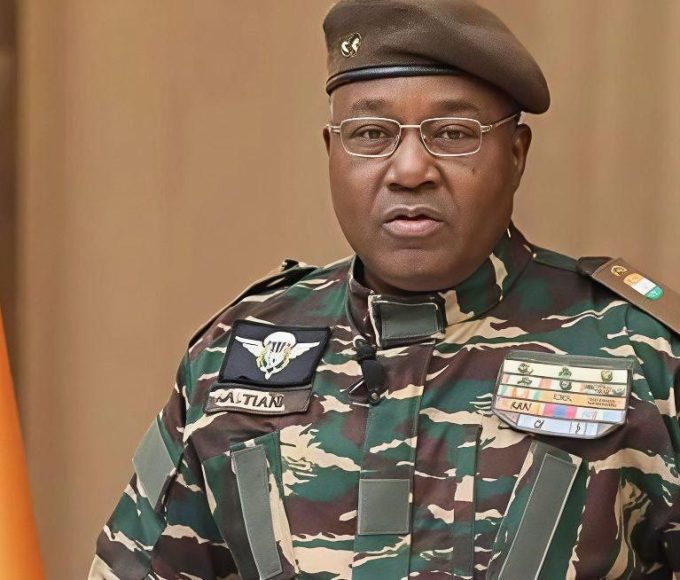
Leave a comment